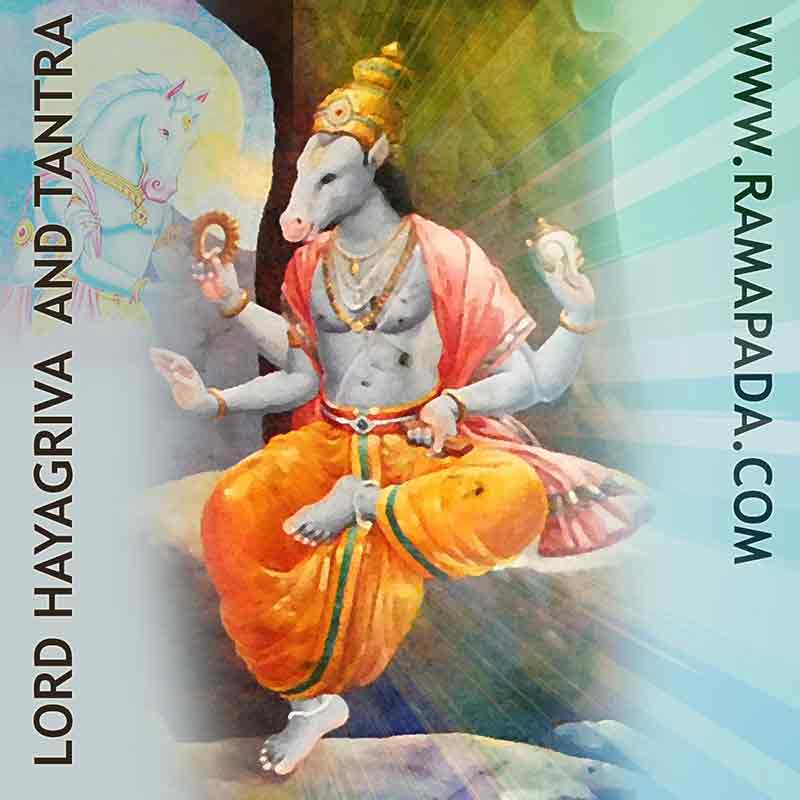Lord Hayagriva, the horse-headed deity, is a fascinating figure in Hinduism, revered for his association with knowledge, wisdom, and power. While often worshipped in Vaishnava traditions, Hayagriva also finds a place in Tantra, offering unique insights into the esoteric practices of this path.
Hayagriva’s Mythological Connection to Tantra
Tantra, with its emphasis on harnessing subtle energies within the body, finds resonance in Hayagriva’s most famous legend. He retrieves the stolen Vedas, the sacred scriptures, representing the retrieval of lost knowledge or the awakening of inner wisdom. We see this act as a way to reclaim our own power and potential.
Hayagriva’s Significance in Tantra
Vaishnava traditions enshrine Hayagriva as a primary deity, but Tantric texts like the Yogini Tantra and Sharadatilaka Tantra also reference him. Here, he transcends his role as a knowledge deity, becoming symbolic of deeper Tantrik concepts.
- Harnessing Shadow Aspects: Hayagriva’s horse head can represent the untamed, primal energies within us. Tantric practices associated with Hayagriva may focus on acknowledging and integrating these “shadow” aspects for spiritual growth. Some practitioners visualize a black Hayagriva form to represent untamed energies.
- Awakening Kundalini: Tantra emphasizes awakening the Kundalini, a powerful energy coiled at the base of the spine.
- Proponents believe that performing certain Hayagriva-related pranayama (breathing exercises) activates the Kundalini, leading to higher states of consciousness.
- Mantra and Yantra: Tantric texts prescribe specific Hayagriva mantras (sacred chants) and yantras (geometric diagrams) for meditation and worship. These practices can enhance knowledge, improve memory, and help overcome learning difficulties.
Hayagriva Beyond Rituals
The essence of Hayagriva goes beyond specific rituals. His horse-head symbolizes the power of the mind and intellect. Tantric practitioners may use meditations or visualizations of Hayagriva to enhance their focus, memory, and learning abilities.
Beyond the Myths
While popular narratives depict Hayagriva as an incarnation of Vishnu retrieving the stolen Vedas, Tantra delves into his symbolic significance. Tantrik thought sees the horse as a powerful symbol. It represents the unbridled energy of the mind,the wild “horse of desires” that must be tamed for spiritual progress.
Hayagriva, therefore, becomes the archetype for harnessing this power and directing it towards attaining knowledge, as said by a tantrik near me.
Conclusion
Lord Hayagriva‘s presence in Tantra offers a unique perspective on the pursuit of knowledge and self-realization. By integrating Tantric practices with the symbolism of Hayagriva, devotees can embark on a powerful journey of inner exploration and awakening.

